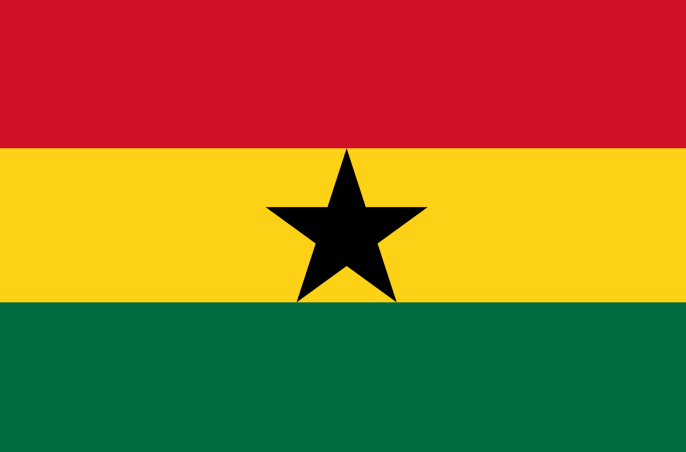GHANA:Telecoms Chamber welcomes guidelines on mobile money

The Ghana Chamber of Telecommunications has welcomed the Bank of Ghana’s new E-Money Issuers Guidelines and Agent Guidelines saying “they are comprehensive, conform to international best practices and reflect the inputs of all key stakeholders”.
According to the chamber, the new guidelines would promote financial inclusion without risk to financial system; extend financial services beyond traditional channels; and enhance the government’s agenda to reduce the informal sector as Mobile Money expands the BoG’s and MoF’s visibility of financial transactions within the economy.
Reacting to the move by the Bank of Ghana in an interview with the GRAPHIC BUSINESS, the Chief Executive Officer of the Chamber, Mr Kweku Sakyi-Addo, said the new guidelines would also “ensure that electronic money is provided by duly licensed institutions; and ensure that customers benefited from adequate transparency, fair treatment, and effective recourse”.
He said the mobile operators would require a licence to become dedicated e-money issuers (DEMIs) and added that “DEMIs will own and manage electronic money business using retail outlets and agents as a channel for delivery of financial services to extend the coverage of their services and will be supervised by the Bank of Ghana”.
Impact on banking industry
On the impact of the new guidelines on the banking industry, Mr Sakyi-Addo said “mobile Financial Services have been widely acknowledged as the most viable vehicle to drive financial inclusion in Ghana today”.
He said the core customers of MFS were the unbanked who were currently not participating in the formal banking sector.
Mr Sakyi-Addo also noted that with the new move, there would be very little risk to the banks with regard to cannibalising the retail banking business.
Again, he indicated, that the banks and MFS could focus on segments where they had comparative advantages with the aim of growing financial inclusion.
Ghana like Kenya?
Mr Sakyi-Addo said the new regulations would bring the “industry to scale, but mobile operators need to continue to invest in the systems, technology and partnerships that would enable more businesses to use mobile money”.
He said the central bank was playing a critical role as a regulator in facilitating and supporting industry collaboration, both among members (Telcos) as well as the banks and other external parties to enable the creation of a truly ubiquitous financial ecosystem.
“The ability to transfer funds across mobile networks (Interoperability) and increase transfers within mobile networks (Domestic peer-2-peer) remains the largest contributor and integral foundation of any mobile money scheme”, he said and added that, “With a focused ecosystem and supportive stakeholder collaboration, lessons from the Mpesa model will be told from Ghana in a few years.”
The guidelines
The Bank of Ghana (BoG) has set up mobile financial services for a boom following its approval and announcement of two new regulatory guidelines.
The Central Bank released the “E-money Issuers Guidelines” and “Agent Guidelines” to create an enabling regulatory environment for convenient, efficient and safe non-cash retail payments and transfer of funds.
The BoG published the guidelines on its website on July 6, 2015. They will replace the earlier guidelines for Branchless Banking. The new guidelines were developed with key stakeholders including the Ghana Chamber of Telecommunications (mobile operators), the banks, payment service providers and other prospective electronic money issuers.
The number of mobile money transactions has grown from 30 million from 2012 to 106 million by December 2014. The value of these transactions were GH¢171 million in 2012, GH¢2.4 billion in 2013 and GH¢11.6 billion in 2014 according to the BoG. With the new guidelines, both the number and value of transactions are definitely set to multiply, analysts believe.
The new guidelines will facilitate the expansion of financial services to include millions of Ghanaians who, hitherto, didn’t have a bank account. It will also help to capture financial transactions within the informal sector.
Currently, only MTN, TiGO and Airtel offer mobile money services, and industry insiders expect other mobile operators to join the fray.
SOURCE:GRAPHIC ONLINE
 Africas leading resource for digital financial services
Africas leading resource for digital financial services


comments